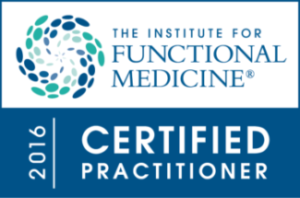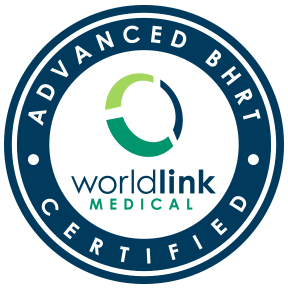
Thiamine is an essential water-soluble vitamin that is needed by all tissues of the body for proper functioning and energy production. It was the very first B vitamin that was discovered, hence its other name, Vitamin B1.
A deficiency of thiamine can lead to the well-known disease called beriberi, that is well documented in the medical literature. In the 1880s the Japanese navy reported that beriberi had been eradicated among its sailors as a result of adding extra meat, fish, and vegetables to their regular diet. Prior to this time, almost half of the sailors were likely to develop beriberi and die. The term beriberi is derived from the Sinhalese word meaning “extreme weakness.” There are two forms of beriberi: 1) dry beriberi, where there is a gradual degeneration of the long nerves, first of the legs and then of the arms, with associated atrophy of muscle and loss of reflexes; 2) wet beriberi, a more acute form, where there is edema (overabundance of fluid in the tissues) resulting largely from cardiac failure and poor circulation.
Other causes of Vitamin B1 deficiency can be:
- Excessive alcohol intake: as few as two glasses of wine per day
- Excessive Sugar & Carbohydrates: thiamin is needed to breakdown these foods and enough thiamin may not be available if these foods are eaten in excess
- Excessive Coffee & Tea (Diuretic): two or more cups per day causes diuresis and loss of thiamin into the urine
- Excessively Processed Foods Diet: processing can destroy the thiamin in the food, e.g. preservatives with sulfite, radiation of food and high cooking temperatures all destroy thiamin
- Gastrointestinal Damage Induced by Gluten or Medications
- Gastric Bypass Surgery: reduces transit time of food and ability of body to digest and absorb thiamin
- Medications including: 1) Diuretics: these are prescribed to patients to remove fluid, but cause thiamin to be lost in the urine, and often causing opposite effect since thiamin is needed to help the heart pump and prevent fluid accumulation; if the heart pumps ineffectively, fluid accumulates in the body and extremties; 2) Antiseizure medications: nutrient/drug interactions causing vitamin B1 deficiency; 3) Antibiotics: reduce the gastrointestinal flora which leads to malabsorption and diminished production of B vitamins, thus reducing availability of Vitamin B1; 4) Metformin: helps reduce blood sugar but leads to a deficiency of B vitamins; 5) Oral Contraceptives: the estrogen can deplete the body of B vitamins and zinc.
A thiamin deficiency is characterized by impairment of the nerves and heart. General symptoms include loss of appetite and overall fatigue, digestive irregularities, and a feeling of numbness and weakness in the limbs and extremities (or neuropathy in the hands and feet), depression, anxiety, muscle pain, increased heart rate, high blood pressure and brain fog.
Here is what we know about the four major roles of Vitamin B1:
1) Thiamin generates the chemical called acetylcholine, a neurotransmitter that communicates via the nervous system with the heart, or the brain and spinal column to send messages to the muscles and organs.
2) Thiamine helps to regulate pyruvate and blood lactate levels (products of carbohydrate metabolism). You might know of the feeling of high lactate levels after a strong resistance training program when your get the muscle ache that tells you that you can’t lift any more weight. Without the regulation of pyruvate and lactate, high levels lead to muscle pain and and cardiac and neurological manifestations.
3) Thiamin helps in the production of the myelin sheathing, thus affecting the nervous system.
4) Thiamin plays an essential role as a coenzyme in the metabolism of carbohydrates to help in the production of energy from the food we consume.
Testing for Thiamine Deficiency:
It’s important that if you suspect a thiamin deficiency that you get tested. But be sure you use the proper type of testing. Just measuring a thiamine level in the blood is not accurate because this is a measure of thiamin outside of the cell. You will want to know the intracellular level of thiamin and this requires a special type of micronutrient testing.
If deficiency is present, of course you may need to make some diet changes, but you may also need to assess for malabsorption and the efficiency of your gastrointestinal tract.
Depending on the level of your deficiency, a supplement may be prescribed for you, but first and foremost, we need to find the cause and remove it. Just giving a medication can lead to further deficiecies, as has been explained. For someone who has been given a diuretic for high blood pressure or for pedal edema, this may just be creating a never ending vicious cycle. Medicating the symptoms hides the root problem, therefore it’s always recommended to investigate what the cause is, before medicating.







